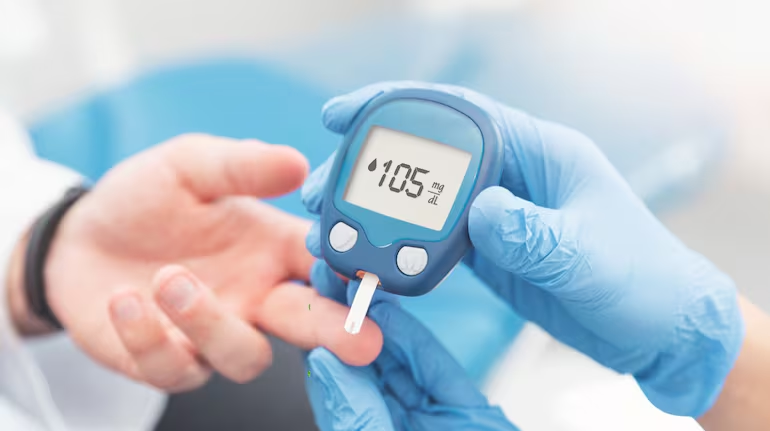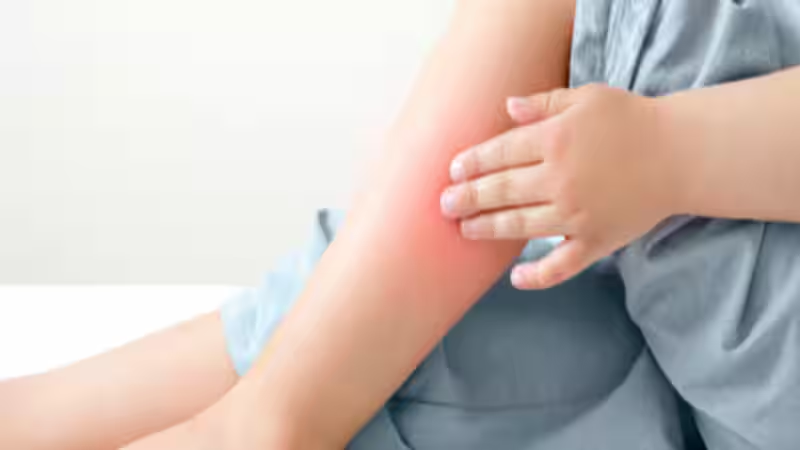Why Do Bones Become Weak After Age 50 in Women? Which Disease Is This a Symptom Of?
- byPranay Jain
- 23 May, 2025

After the age of 50, many women experience menopause, a natural stage when their menstrual periods stop. Along with this change, several health issues can arise, including bone weakness. But why does this happen?
According to Dr. Akhilesh Yadav, Unit Head of Orthopedics at Max Hospital, the main reason is the rapid decline of estrogen hormone after menopause. Estrogen plays a vital role in keeping bones strong by helping to maintain bone density. When estrogen levels drop, bones start to lose calcium and other minerals, making them fragile and weak.
This condition is known as osteoporosis.
What is Osteoporosis?
Osteoporosis is a disease where bones become porous, brittle, and more likely to break. Even minor falls or bumps can cause fractures, especially in the hips, spine, or wrists.
Symptoms to Watch For
Women should be alert to the following signs, which might indicate osteoporosis:
- Persistent back pain
- Noticeable bending or hunching of the back (curved spine)
- Frequent fractures or broken bones with minor injury
- Mild but constant pain or heaviness in arms or legs
If you notice any of these symptoms, consult your doctor and get tested.
Important Tests for Bone Health
- Bone Mineral Density Test (DEXA Scan): Measures the density and strength of bones.
- Blood tests for Vitamin D, Vitamin B12, and Calcium levels.
If deficiencies are found, your doctor may recommend dietary changes and/or medications.
How to Prevent and Manage Bone Weakness
- Calcium-rich foods: Milk, yogurt, cheese, sesame seeds, soy products, and green leafy vegetables.
- Vitamin D: Essential for calcium absorption, get it naturally from sunlight exposure. Supplements can be taken if recommended by a doctor.
- Avoid smoking and excessive alcohol: Both harm bone health.
- Regular check-ups: Especially important if you have a family history of osteoporosis.
- Maintain an active lifestyle with weight-bearing exercises to strengthen bones.
Taking care of your bones early can help prevent serious problems later. If you are over 50 and experiencing any symptoms, talk to your healthcare provider about bone health.



